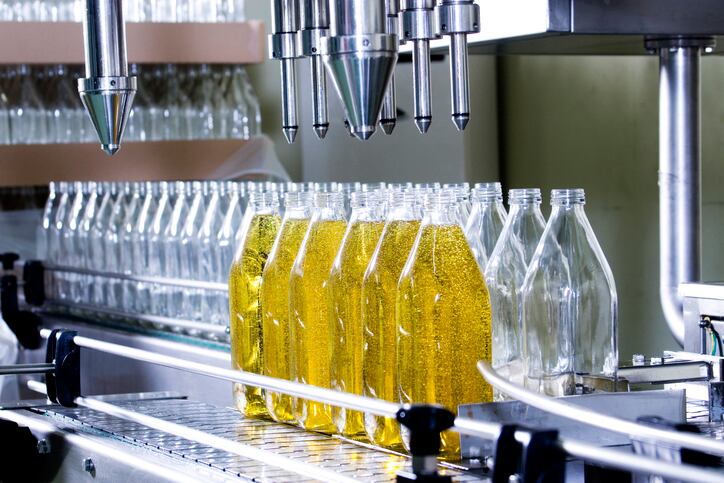Whilst supply chain relationships had long been key on the beauty agenda, as brands and manufacturers worked harder to hit wider climate goals like net zero emissions and transition towards green chemistry, these ties had taken on new meaning. And for cosmetic formulators, Laura Kirkbride, president of the SCS and technical director at private label manufacturing firm Orean Personal Care, said a strong connection with suppliers was “absolutely key”.
Green beauty goals – savvy suppliers, creative formulators
“The supplier is the formulator’s best friend,” Kirkbride told CosmeticsDesign-Europe at SCS Formulate 2021 in Coventry, UK, earlier this month.
“…The supplier has such expertise and such a range of knowledge and such a portfolio of ingredients, with all the important traceability and supply chain information to accompany the ingredients. And that really helps the formulator make the right decision for them, for the formulation,” she said.
Whilst this relationship was important for on a day-to-day basis in cosmetics, she said it took on new importance when working on green beauty formulations or projects designed to help brands hit wider environmental goals.
Supplier-formulator relationships had also become more important as industry navigated its toughest challenge of 2021 – “the diminishing portfolio of ingredients”, Kirkbride said – largely attributed to ongoing regulatory changes.
Not only did fewer ingredients create difficulties for formulations, she said it also increased pressure on supply, and so “getting creative with the formulation” and finding ways to “overcome that challenge” would be critical moving forward.
Less is more – making ingredients ‘work even harder’
“There’s a lot we can do with formulation. As a formulation scientist myself, I’m personally very interested in reducing the number of ingredients in a formulation, because with each ingredient, you’re adding to the carbon footprint,” Kirkbride said. “…Let’s try to make each ingredient work even harder in the formulation; to justify its position and justify its impact within the formulation at large.”
Considering processing techniques was also important, she said, with cold-press and gentler stirring systems less energy intense than traditional hot process systems used widely for creams, lotions and balms.
“Considering not just the make-up of your formulation but the construction of it and how it’s made is another area where we can dramatically influence the carbon footprint of a formulation overall.”
She said the team at Orean was also heavily invested in inventing completely new sustainable concepts that could replace traditional cosmetic systems, she said. “We’re looking at waterless concepts; we’re looking at taking the water out of the formulation that the user can then add at home, so powders that you rehydrate at home; tablets and solid formats.”
Are consumers ready? ‘It’s just a matter of when, not if’
Kirkbride said it remained unclear whether the mass beauty consumer was “really ready” for these concepts, and it would be interesting to see if it would be the retailers and brands driving uptake or consumer demand.
“I think we’re all kind of watching out for when that shift happens, but I think it’s just a matter of when, not if.”
“…We can’t get away from the topic of sustainability, I think it’s a global issue. We’ve just had COP26 in Glasgow here in the UK, and the cosmetics industry is in a really powerful position to be able to adapt. We are always very quick to adapt to these global movements and global needs, and that’s no different with the topic of sustainability,” she said.
One of the sessions at SCS Formulate spotlighted global sustainable beauty trends with insight from experts in markets like Spain, Middle East and the US, among others. You can read more about the world’s 2021 green beauty agenda HERE. Executives from The Body Shop also shared Natura &Co’s vision for a future where ‘regenerative’ supply chains were the norm.




